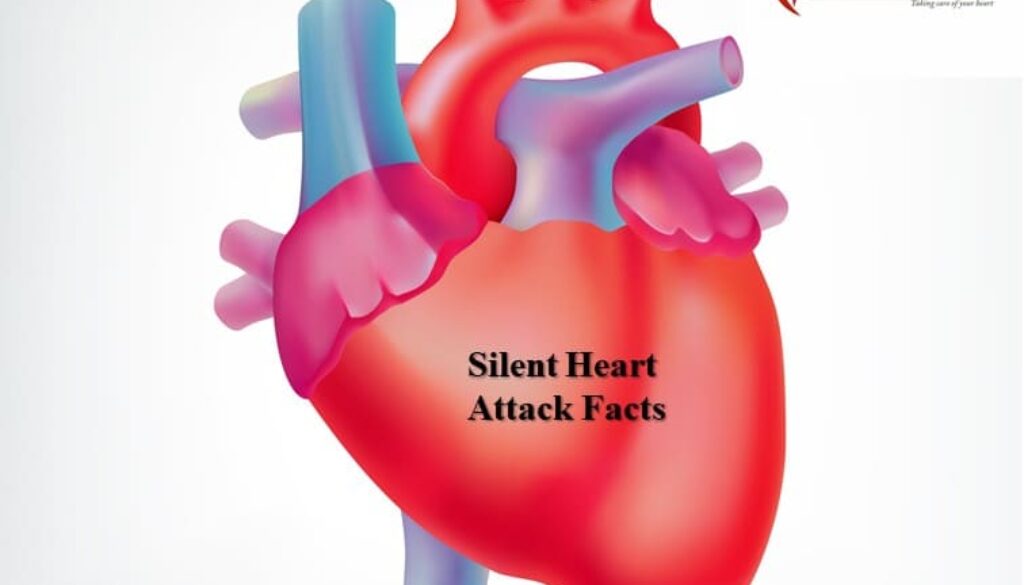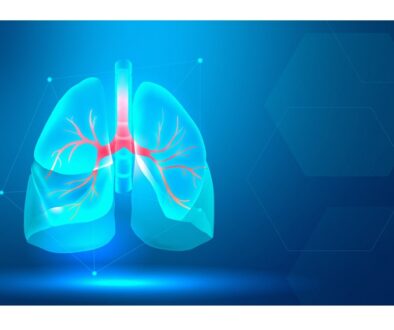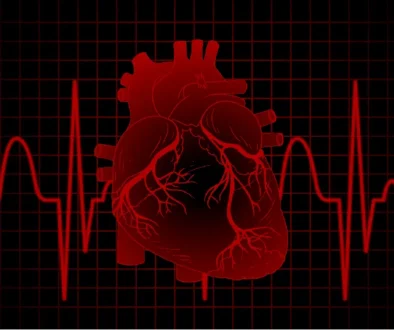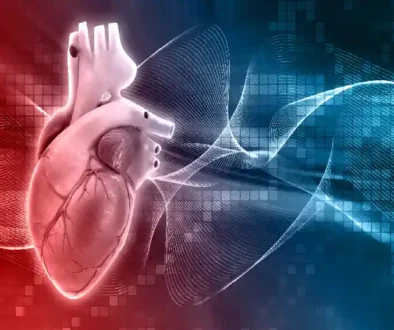Silent Heart Attack Facts
Silent Heart Attack: Imagine a scenario wherein you don’t feel any chest pain, breathlessness, weakness, or fatigue – the usual signs of a typical heart attack (Myocardial Infarction). These signs and symptoms are well-engrained in our minds; and, we all are in fact, trained subconsciously to recognize these signs. This means in absence of all the tell-tale signs of heart attack, you are experiencing a heart attack. A very confusing state for you. When this happens, a heart attack goes unrecognized or unnoticed by you. Such a heart attack is known as a Silent Heart Attack or Medically referred to as silent ischemia. This type of heart attack is dangerously life-threatening.
Why Silent Heart Attacks are Life-threatening?
Several research studies show that silent heart attacks were nearly about 50% in all people who experienced heart attacks. In the majority of the people, the signs and symptoms were either completely absent or went unnoticed. Those who failed to recognize or notice their signs and symptoms related to heart attack remained unaware of heart attack and thus couldn’t get treatment. Owing to which they had a huge risk of dying.
The reaction of people who experiences a silent heart attack
The majority of the people who experience a silent heart attack don’t remember that they had a heart attack – rather they say that they had chest muscle spasm, a strained muscle, heartburn or indigestion or flu-like symptoms. A silent heart attack is not any different from a typical heart attack as it involves a stoppage of blood flow to the heart resulting in heart muscle damage.
Silent Heart Attack facts
- Death risk associated with a silent heart attack is high
- More than 50% of heart attacks are silent ones
- Patients with neurological disorders and diabetes are prone to silent heart attacks.
- Some people think that they have an upset tummy or heartburn sensation, but actually, they have had a silent heart attack.
- Men tend to have a higher percentage of silent heart attacks compared to women.
- The silent heart attack that occurs in women tends to be more aggressive, severe, and life-threatening.
- Silent heart attacks are hazardous, risky, and cause long-term complications.
- The risk of dying from heart disease increases three times following a silent heart attack – and, the overall risk of death rises up to 34 percent.
Why diabetes patients are more prone to silent heart attacks?
Diabetes is a silent killer because it creates havoc inside the body. Uncontrolled sugar levels can pose a serious threat to your heart, kidneys, eyes, and nerves. Diabetic patients become prone to nerve disorders or peripheral neuropathy due to damage caused to their nerves. High blood sugar levels and poor circulation account for the damage of nerve cells. The sensation of pain is not like that of normal and healthy people. For instance, if a diabetic patient steps on a sharp nail, he or she doesn’t feel the pain even if the nail pierces deep inside the skin. Therefore, diabetics are more prone to have silent heart attacks.
Silent Heart Attack Symptoms
What are the signs of a Silent Heart Attack?
The signs and symptoms of Silent heart attacks are a few and are more often mistaken for some of the common health problems – which nobody cares about. Many people thus fail to identify and notice such uncommon signs of a heart attack which they otherwise could have had – had it been a typical heart attack. The most common and typical signs of a heart attack include severe chest pain, breathing difficulty, heaviness in the chest, discomfort, perspiration, and uneasiness.
Silent Heart Attack Symptoms that Many people Miss to Notice
Many people often fail to identify and make a note of some very unusual signs of a silent heart attack including dizziness, weakness, gastric trouble, indigestion, heartburn, and flu-like symptoms lasting for up to one or two days or maybe more.
Mostly many people who have had experienced silent heart attacks had never felt such unusual signs and symptoms. Even if they experience such signs – those would not persist for long and go away quickly.
How can you prevent a silent heart attack?
The following three-step approach helps prevent a silent heart attack:
Step 1: If you think that you are at risk due to obesity, high blood pressure, high-pressure lifestyle, and diabetes, then go for heart disease screening.
Step 2: If you smoke then stop smoking, control your blood sugar levels and blood pressure, and manage your weight. In addition, talk to your doctor about the approaches that you should adopt to keep your risk factors under control.
Step 3: Make changes in your lifestyle – eat healthily; do some physical activity regularly, make a healthy sleep and wake-up routine; keep yourself busy throughout the day.
Bottom Line
Patients who end up landing at cardiologists’ clinics after experiencing a silent heart attack had their heart muscle damage to the point where heart failure had already set in. Therefore, cardiologists recommend their patients to pay attention to their bodies to know what actually is going on inside as they know their bodies better than someone else. Even in the absence of any clear signs of heart attack, if you feel something unusual or abnormal you must get it checked, tested, evaluated, and diagnosed by a cardiologist.
I can suggest you this: If you want to protect your heart against something which is quite apparent and also against something which is inapparent then try to identify your risk factors; discuss those with your cardiologists and manage them by adopting a healthy lifestyle. In conclusion, the best bet would be to remain active, agile, and stress-free. Meet me personally for your concerns about silent heart attack symptoms.




